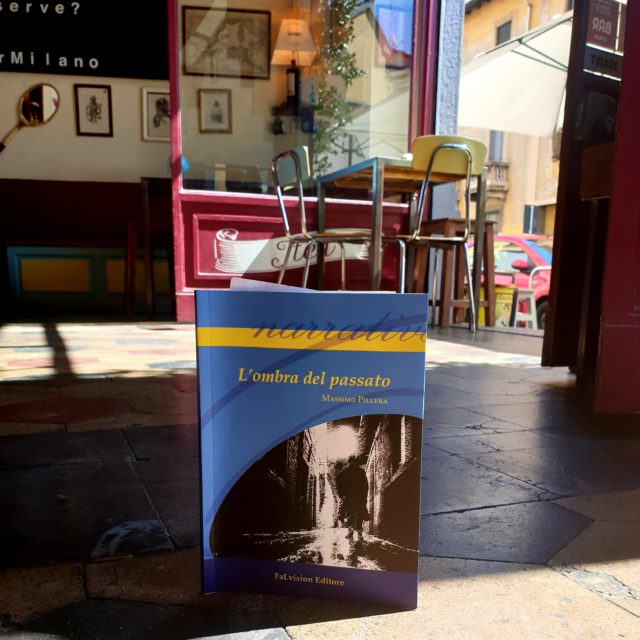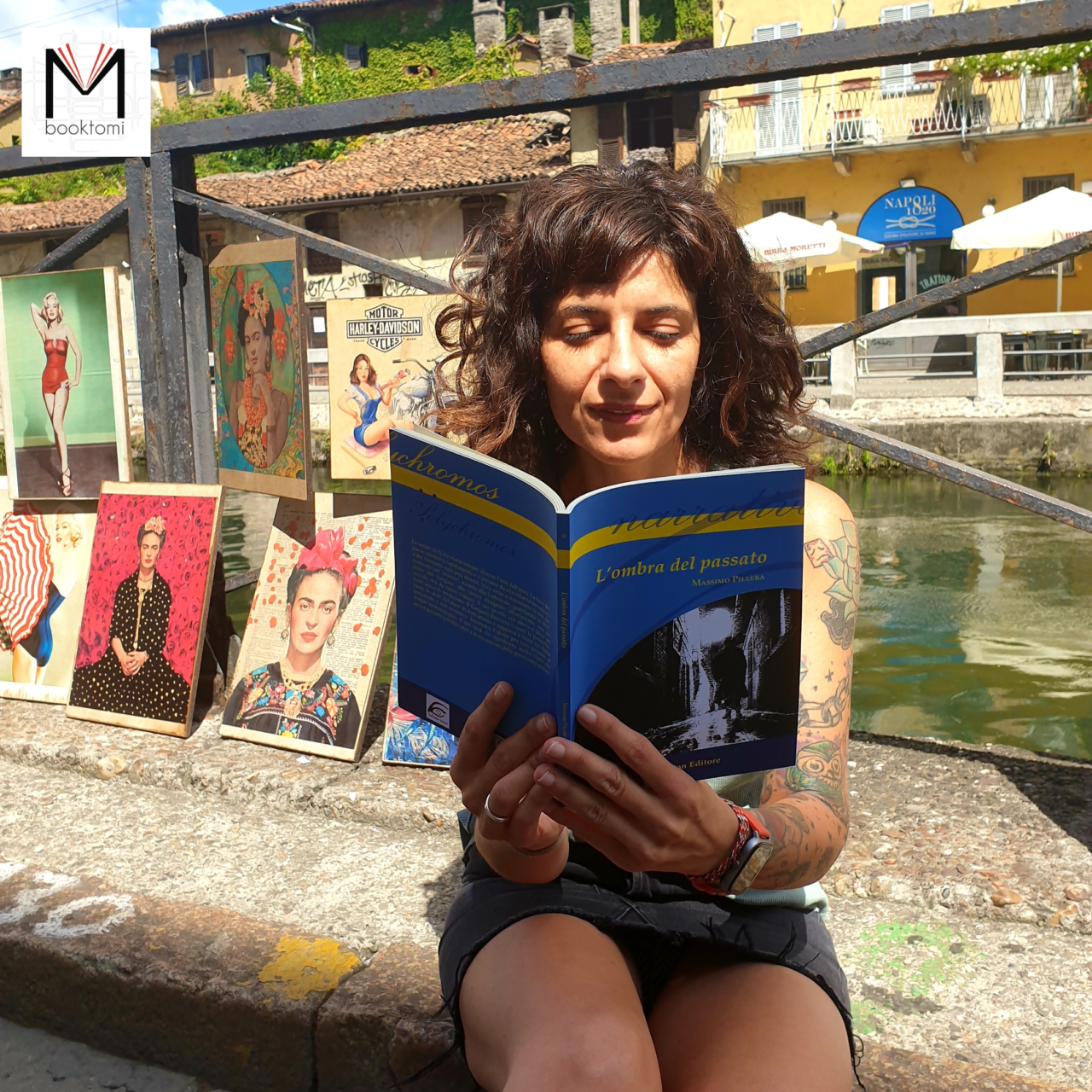“The day turned, as always, to beauty.”
If we recommend reading the book? In BooktoMi’s philosophy we recommend reading all the books, because maybe what we didn’t like could be enjoyed by another reader. Shades, colors and smells that we have only partially grasped, or that we have found repetitive, or not exciting, for others, could represent the cultural pick needed to get in touch with the world of books, or with the creative intimacy of the author , and open infinite doors.
It seemed fair to us to start with this preamble, to avoid being misinterpreted, with the utmost respect for those who wrote the book and dedicated time and sweat to us.
The book has the main advantage of being read in one afternoon, with the support of a pleasant syntax and a highly appreciated linguistic fluency. Unfortunately, in our opinion, the positive aspects end here. We found many interesting ideas, perhaps too many, but no one duly followed, and even when there were grasslands to make history grow, it was decided not to follow them.
We have not been able to fall in love with the events narrated on Nicola Caputo, called Nick, who is in charge of the personal security of more or less important public figures, halfway between Switzerland and Puglia. A weak protagonist, despite the commitment to give him substance and credibility. Built with character characteristics advanced perhaps from other stories, and then put together fast and furious.
References to current events and some lexical choices have disagreed, because instead of enriching the story, they ruined it and made it less real than it could have been.
We are very sorry because we see that the author has something to say, he has a story to tell that tries to bring out, we hope he can do it in the following books.
_____________________________________________________________________________________________________
Massimo Pillera, The shadow of the past, Falvision Editore, Bari, 2015




